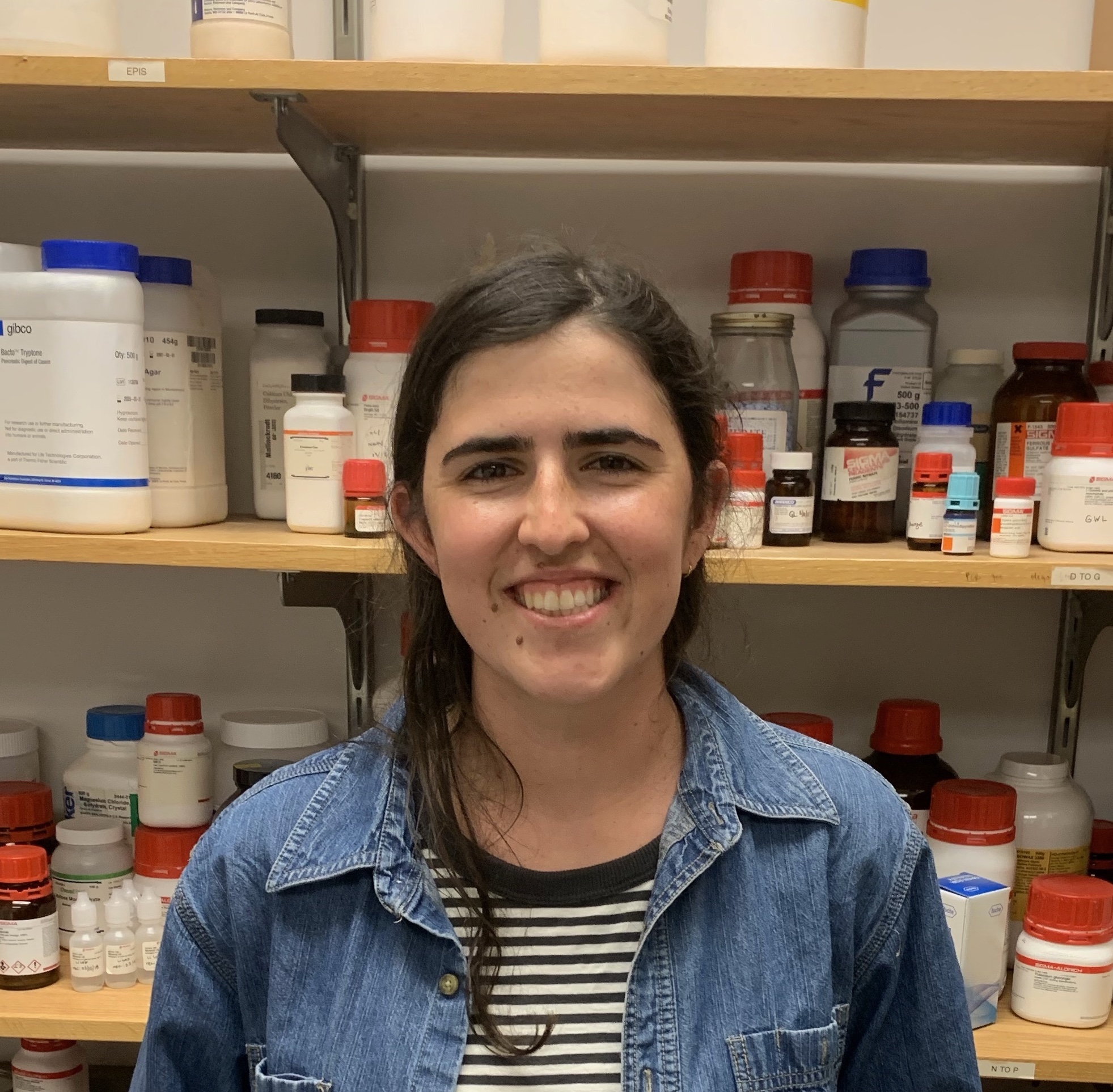PS Seminar Series - Technology for Continuous Directed Evolution of RuBisCO
The enzyme Ribulose-1,5-bisphosphate Carboxylase/Oxygenase (RuBisCO) is responsible for the entry of atmospheric carbon into the biosphere during photosynthesis. Despite this key role, RuBisCO maintains several biochemical shortcomings, making it an attractive target for laboratory protein engineering.
Speakers
Event series
Content navigation
Description

Abstract: The enzyme Ribulose-1,5-bisphosphate Carboxylase/Oxygenase (RuBisCO) is responsible for the entry of atmospheric carbon into the biosphere during photosynthesis. Despite this key role, RuBisCO maintains several biochemical shortcomings, making it an attractive target for laboratory protein engineering. We are working towards a comprehensive, cross-institutional framework to evolve crop RuBisCO called the Enhanced Photosynthesis in Crops or EPiC project. Thus far, we have utilized MutaT7, an in vivo mutagenesis tool, to make targeted mutations and explore deep sequence space within simple RuBisCO isoforms. We have also developed a next-generation sequencing pipeline for analysis of laboratory evolution data, enabling deeper screening of winning mutants. We lastly use state-of-the-art machine learning algorithms to predict and test mutations in various crop RuBisCO isoforms. The culmination of our efforts between MIT and ANU will be to test our computational prediction and directed evolution pipeline on several crop RuBisCO isoforms, seeking enhanced catalysis in vitro. Improved RuBisCO function, together with other advances in photosynthetic engineering, has the potential to increase crop yields and provide resiliency to climate change. We hope to lay the foundation for a new age of RuBisCO evolution with the EPiC project.
Biography: Julie is a graduate student in Dr. Matthew Shoulders’ lab at MIT and a member of the newly established Enhanced Photosynthesis in Crops (EPiC) initiative funded by the Abdul Latif Jameel Water and Food Systems Lab (J-WAFS). Julie grew up in New York City and completed her undergraduate studies in biochemistry at Wesleyan University (Connecticut, USA) before moving to Boston for graduate school. Julie is interested in directed evolution of enzymes, particularly when they can be used as tools for a sustainable future.
Location
Please note: this seminar will be held in the Eucalyptus Rm and via Zoom, details are included below.
Eucalyptus Room, Rm S205, Level 2, RN Robertson Building (46)
Please click the link below to join the webinar:
https://anu.zoom.us/j/83441828212?pwd=UWJQd2R4Y3hqeHllWVFIbnJNQ29BZz09
Meeting ID: 834 4182 8212
Passcode: 510700
Canberra time: please check your local time & date if you are watching from elsewhere.




